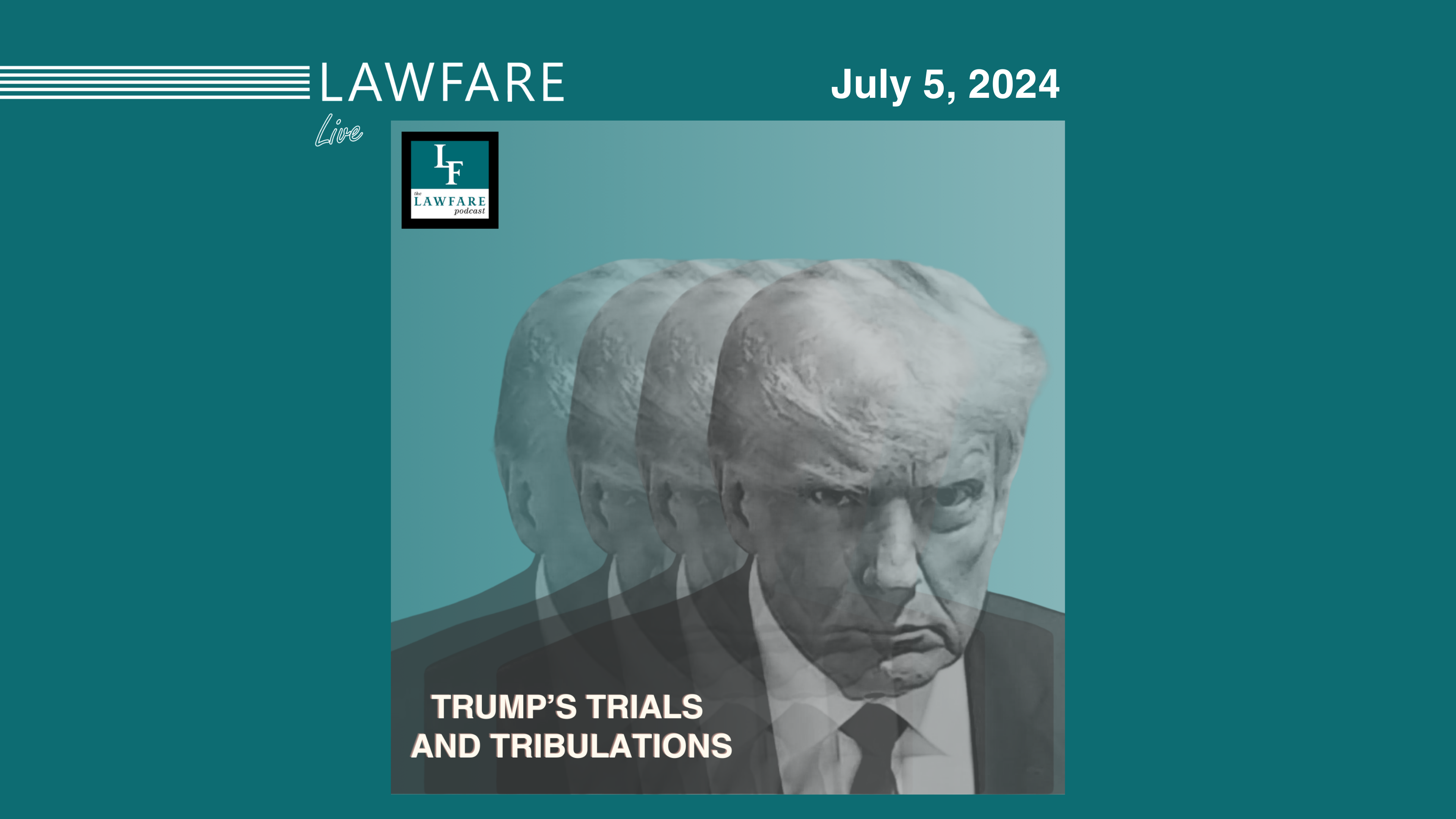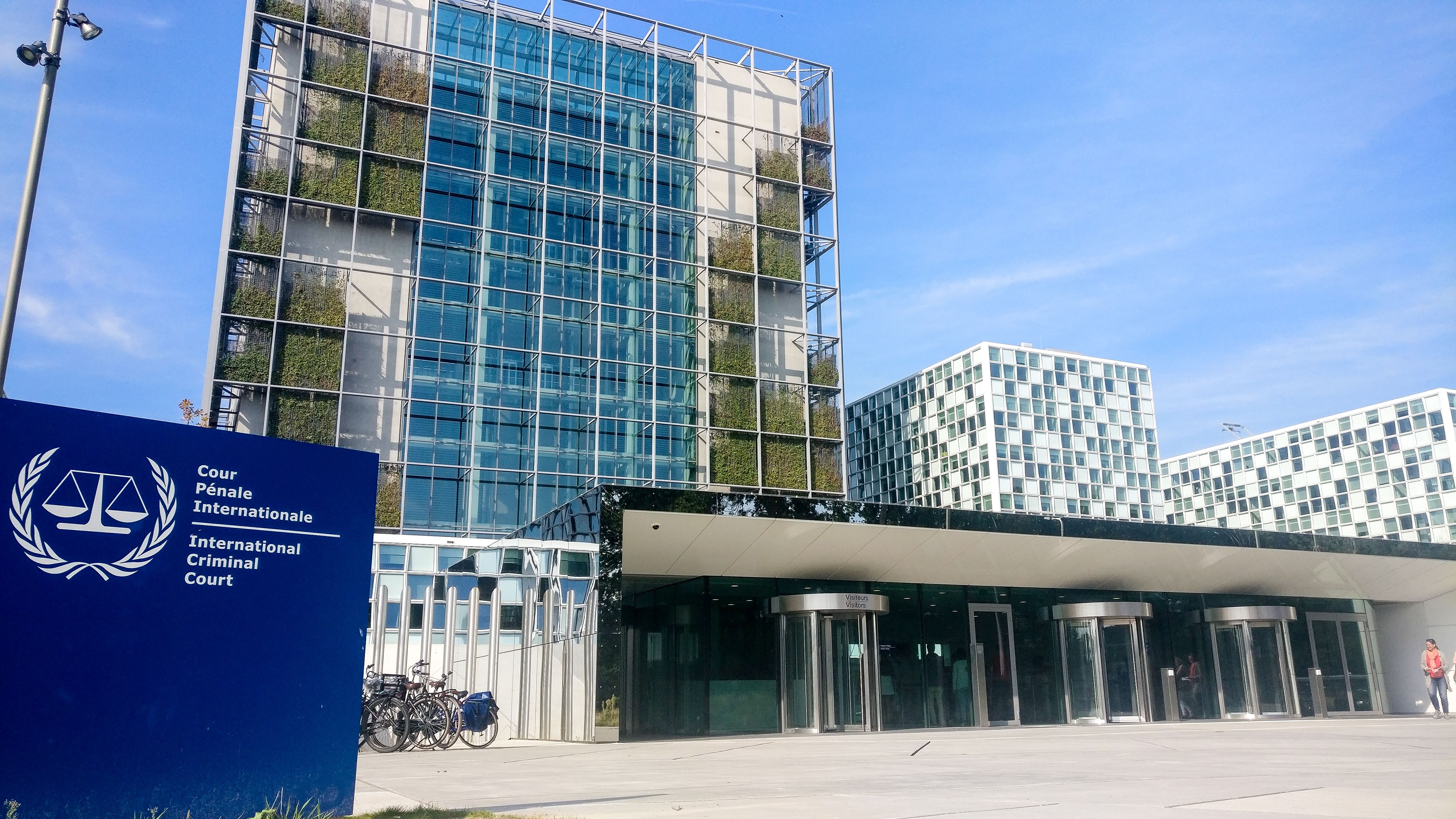Kiyemba III Cert. Reply Brief
Counsel for the Kiyemba III petitioners, who filed a petition for certiorari with the Supreme Court a few months back, just filed their reply to the government's opposition brief.
Relatedly, one of the attorneys for the Kiye
Published by The Lawfare Institute
in Cooperation With

Counsel for the Kiyemba III petitioners, who filed a petition for certiorari with the Supreme Court a few months back, just filed their reply to the government's opposition brief.
Relatedly, one of the attorneys for the Kiyemba III petitioners, Saban Willett, recently gave a speech at the Union Club of Boston. The full text is here; below are a few paragraphs discussing the Kiyemba III issues:
President Obama was about to bring Uighurs to Virginia, in 2009, when Congress became hysterical. Senator John Thune went to the floor of the Senate to call Abdullah a “hardened killer bent on the destruction of the United States,” and Congressman Wolf, and Senators McCain and McConnell all rushed down there with similarly-antic lunacies. It didn’t matter that for years the State Department had been telling our allies precisely the opposite about Abdullah -- that he’s innocent, and perfectly nice. The President lost his nerve, cut a deal, and now Abdullah is in Bermuda. A couple of months later, my wife and I went sailing with Abdullah. He didn’t seem to her like a hardened killer bent on our destruction. We rode scooters to the marina, and Marta said, “these men are the most law abiding in Bermuda -- they’re the only ones who signal a lane change!” Abdullah’s old friend Hammad remains at the [Guantanamo] prison today. He wasn’t offered Bermuda. But he was offered Palau, in the Pacific Ocean. More than twenty nations in the world have Uighur expatriate communities -- including the US, Canada, Germany, Norway, Finland, Turkey. Palau has none. Hammad had never heard of Palau. He spent the last nine years on what to him is a desolate island. Palau sounded too much like another. So he turned it down. In 2008, the Supreme Court gave a brave essay, in a case called Boumediene v. Bush, deciding, at long last, that the men at Guantanamo had access to the ancient writ of habeas corpus, by which any man could put any government to the test, and win his freedom from an unjust imprisonment. But the Congress has been in open revolt ever since, and the DC Circuit has busily stripped any meaning from that ruling, including the most central meaning of all -- that a habeas court can force the actual release of the prisoner. The court took that right away in the Uighur cases in 2009. We have asked the Supreme Court to review Hammad’s case. Some court watchers say the odds are against us. After all, he rejected Palau. I sometimes wonder if Hammad, who is in his thirties now, will die in Guantanamo.
Larkin Reynolds is an associate at a D.C. law firm and was a legal fellow at Brookings from 2010 to 2011. Larkin holds a J.D. from Harvard Law School, where she served as a founding editor of the Harvard National Security Journal and interned with the Senate Judiciary Committee, the Navy Judge Advocate General’s Corps, and the National Security Division of the Department of Justice. She also has a B.A. in international relations from New York University.




